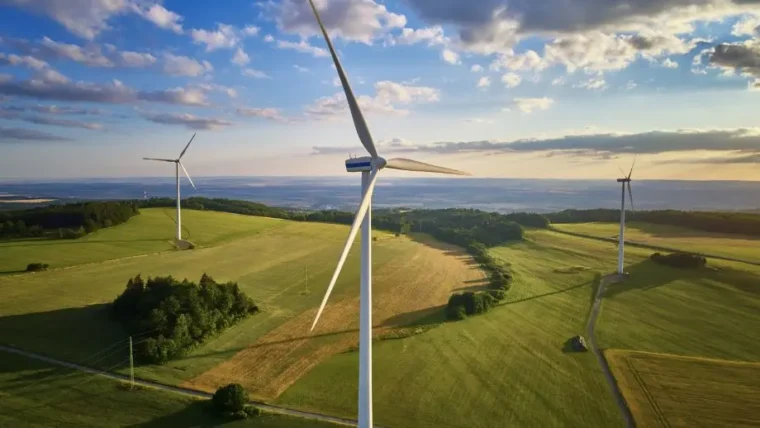Why is it important to effectively manage your environmental data?
1 November 2017
As environmental impact is becoming of increasing concern, acquiring and analysing your environmental data is becoming ever more valuable when making business and operational decisions. By looking at levels of pollutants, emissions and other waste which is being discharged, organisations are able to evaluate how to remain environmentally compliant, become more efficient and save money in the process.
What data should you monitor?
All companies should monitor their environmental performance in one way or another; whether this is a compliance requirement of an Environmental Permit or effluent consent, part of your Environmental Management System or just good practice. The resolution, frequency, and type of data that is collected will depend on legal obligations and the purpose of data collection.
If you have an Environmental Permit or effluent consent, the minimum requirements for monitoring and measurement will be included. This will inform you of what you need to monitor (water and/or air emissions, waste quantities, production, etc.) and how often data should be collected.
Your environmental performance data is a valuable asset when demonstrating legal compliance and for continual improvement, risk reduction and cost saving. To get the best value from your data, it is important to make sure your data collection system has a robust recording process and that records are reliable, understandable and accessible.
What are the benefits?
Effectively monitoring and analysing environmental data has many benefits for your organisation, including:
- Cost reduction and improved productivity
Looking at an overview of your effluent discharge you may be able to more efficiently manage your costs by identifying areas of potential cost saving.
- Risk reduction
Analysing the data can help you to reduce the risk of costly environmental fines.
- Environmental performance
It forms part of Clause 1.9 of ISO14001 (evidence of monitoring, measurement, and evaluation of results).
- Brand
Showing your commitment to improving your environmental performance is beneficial to your company image.
What can you do about it?
In accordance with your Environmental Permit or Trade Effluent Discharge Consent, data must be collected at a defined frequency and correctly presented. Records must be accurate, legible and available to your regulating authority when necessary.
An environmental data acquisition system provides you with the ability to handle and make sense of large volumes of information by collating, centralising and presenting your on-site environmental monitoring data. Having visibility of your environmental performance not only helps you to improve decision support but also creates the opportunity to drive business efficiencies. For example, these kinds of data acquisition systems help you to optimise the resource required to download instruments, record data and analyse results across your site giving you one less thing to worry about.
Are you using your environmental data as effectively as you could be?









